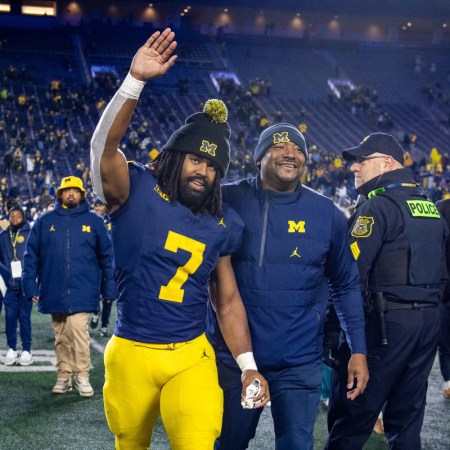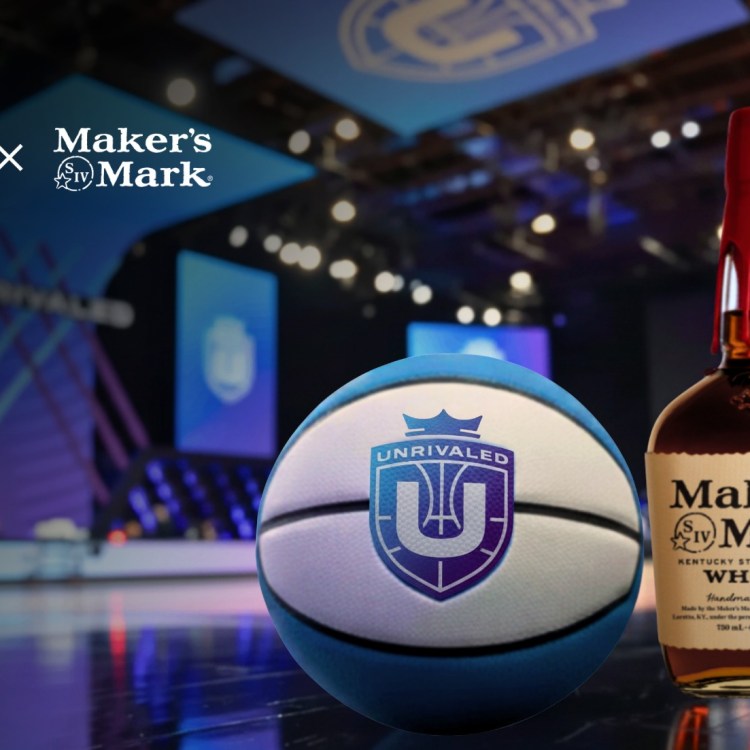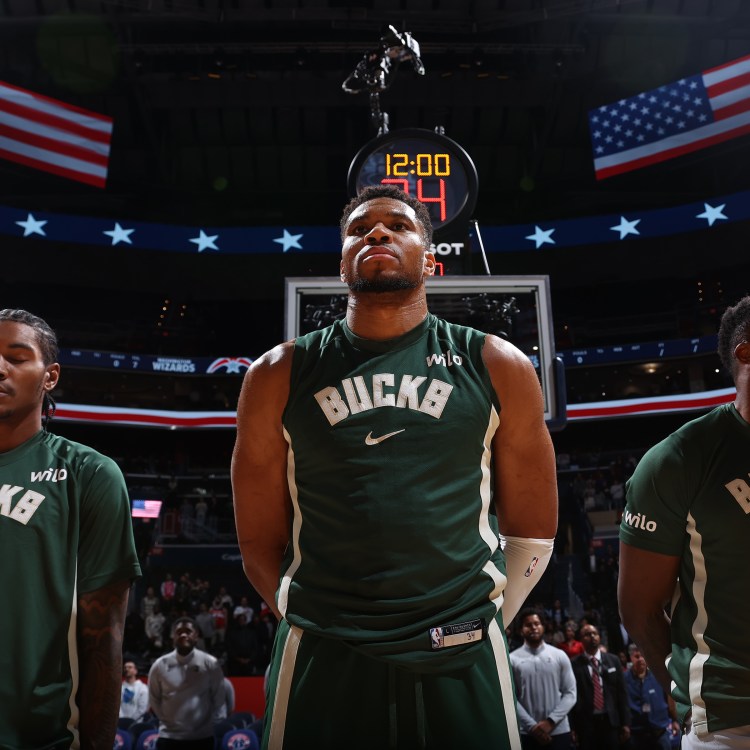If you buy apparel through the Fanatics brand, you could expect to see more game ticket sales advertisements showing up in your digital channels. According to a new report from Sportico, the football program at the University of South Carolina recently leveraged first-party data, which was heavily mined through Fanatics apparel sales, to fuel a $1 million ticket-sale revenue boost.
Other sports organizations are almost certain to follow suit — if they’re not taking similar action already.
“Fanatics’ database has an application programming interface (API) that allowed easy communication [for the university] with the data warehouse, providing reams of information,” wrote Sportico. “Fanatics’ customer data alone provided the athletic department with more than 130,000 new names of fans.”
Nick Saban Is Feuding With Deion Sanders Over NIL in College Football
Saban also bashed Texas A&M for “buying” its top-ranked signing class with name, image and likeness (NIL) dealsUniversity of South Carolina associate athletic director for revenue generation and business intelligence, Dan Stahl (no relation to this writer), told the publication that he was “surprised” to learn that there were that many people purchasing Gamecock gear, but were “not communicating” with the school directly.
“Thanks to the data mining effort, the athletic department last year generated $1.068 million in ticket sales to 1,400 new ticket buyers,” Sportico reported. “[O]f those new ticket buyers, 186 also became new donors to the university, realizing another $125,000 in donations to the general fund.”
Numbers like those “blew away” the university’s business team, Stahl said.
“One of the biggest challenges in the data world is being able to show direct ROI to our leadership team,” he told Sportico. “We didn’t know who these people were and wouldn’t have been communicating with them at all unless we had this data warehouse.”
A million dollars is a million dollars, no matter what, but the school must be particularly thrilled with that revenue boost in spite of what should have been two extremely mitigating factors.
As Sportico mentioned at the outset of its article, citing NCAA data, college football games now average 10% fewer fans than they did 15 years ago. “Although average game attendance ticked up in 2022 for the first time in 10 years,” the publication added, “the steady erosion of people in seats is worrisome not only because it means less game-day revenue, but also because it potentially dulls the general halo effect on donations to the schools.”
Couple that with the erosion of third-party cookies, the support of which were phased out last year by the likes of Google, Apple and other tech giants after consumers and media outlets expressed privacy concerns tied to the data mining associated with them. Such maneuvering hasn’t stopped the digital space’s advertising engine by a long shot, it seems — and not unexpectedly. Instead, it’s put an even greater emphasis on first-party data, information about consumers that engage directly with a company’s brand through various channels. And when the University of South Carolina partnered with Fanatics to produce its Gamecocks apparel, the school gained access to the store’s first-party sales data.
While all this is apparently great for the school, whether or not it’s good for the consumer is up in the air. Granted, first-party data is information that is directly and, thus, more willingly issued by people who buy products online, so there’s less blame to be tossed toward a company that sells things for repeatedly advertising to its own customers. But the average Joe buying a Gamecocks jersey might not be thinking that the school is going to get his personal information from Fanatics either. In that regard, this data is more like the third-party data so many people found problematic in the first place.
Furthermore, such a successful outcome for the school means more partnership opportunities and revenue for Fanatics, which The Athletic has labeled a “quasi-monopoly” that manufactures poor-quality products and sells them at a premium price. In 2017, Fanatics’ owner Michael Rubin told the New York Times that his company’s licensing deals, which often span upward of nearly two decades, are so exclusive that “somebody can’t be a significant player without the rights that we possess.”
Sounds pretty monopolistic.
But to the University of South Carolina’s credit, Sportico wrote, the school hasn’t only relied on tech solutions to grow its consumer base.
“In the past, South Carolina focused on getting people to sign up for season tickets — a large commitment younger fans are less likely to make,” Sportico wrote. “For 2022, the school instead emphasized a campaign called ‘Catch a Game,’ which encouraged fans to try and make it to just one home game in the season, leaning heavily on alumni nostalgia for autumn weekends on campus. It ended up generating the largest single-game ticket-buying volume for the program.”
Hopefully, they’ll get their money’s worth with quality play on the field. Judging by this Twitter hate account devoted to the brand, buyers of Fanatics’ jerseys, however, shouldn’t hold their breath.
The Charge will help you move better, think clearer and stay in the game longer. Subscribe to our wellness newsletter today.



















